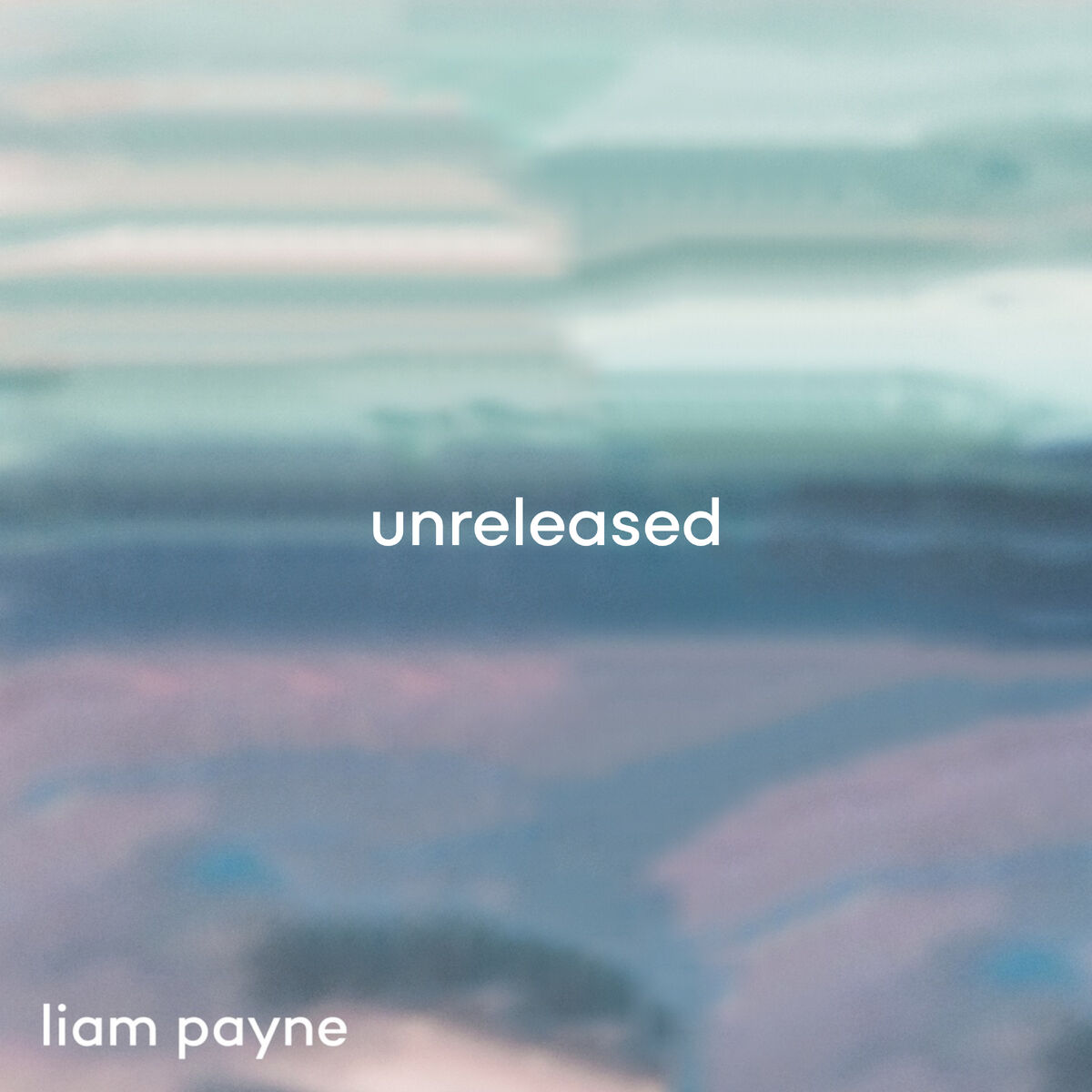AI-Generated Content
This article has been created using advanced AI technology to provide you with informative and engaging content.
AI-Curated Resources:
Many people find themselves drawn into the vibrant worlds surrounding beloved public figures, often exploring every bit of information available. From chart-topping songs to personal histories, fans want to know it all, and a good wiki or fan community often serves as a central hub for this shared passion. It’s a place where every detail, no matter how small, can become a point of interest, a piece of the larger picture. So, you might wonder, what truly goes into building that kind of connection with a person you admire from afar?
You know, it's pretty fascinating how much we can learn about someone, especially when there are dedicated groups of admirers creating extensive resources about them. These groups, often called fandoms, gather and share everything from career milestones to personal tidbits. It’s almost like a collective effort to celebrate and keep track of someone's journey. This kind of deep interest sometimes leads folks to look at things they might not typically consider, like the origins of a person's very own name.
This particular piece will take a closer look at something quite fundamental, yet often overlooked: the name itself. We're going to explore the deep roots and widespread appeal of the name "Liam," a name that has certainly seen a huge surge in favor. For anyone curious about the individual behind the public persona, especially within a community like the Liam Payne Wiki Fandom, understanding the meaning and background of such a well-known name can add a genuinely interesting layer to their appreciation.
Table of Contents
- The Story Behind the Name Liam
- What Does "Liam" Mean for the Liam Payne Wiki Fandom?
- From Ancient Roots to Modern Popularity
- How Did "Liam" Become a Top Name for the Liam Payne Wiki Fandom's Favorite?
- The "Desired Helmet" - A Symbol of Strength
- Why is "Liam" Such a Resonant Name for the Liam Payne Wiki Fandom?
- The Global Spread of a Beloved Name
- Does the Name's History Matter to the Liam Payne Wiki Fandom?
The Story Behind the Name Liam
The name "Liam" carries with it a story that reaches back through many centuries, stretching all the way to ancient times. It's not, you know, a name that just appeared out of nowhere. Actually, it's a shorter way of saying the Germanic name "William," or its Irish cousin, "Uilliam." This connection means that when we hear "Liam," we're really hearing an echo of a much older, very established naming tradition. It’s quite interesting how these shorter forms of names become so popular in their own right, isn't it?
The original name, William, came about from a blend of two very old German word parts. These parts, when put together, painted a picture of someone with a strong will and a desire for protection. So, in a way, the very sound of "Liam" carries a hint of this ancient meaning, even if most people don't consciously think about it. It’s sort of like finding a hidden message in plain sight, which is pretty neat.
For a long time, "Liam" was mostly known as an Irish short form of "Uilliam." It’s basically the Irish way of saying "William," just, you know, quicker and a bit more melodic. This makes "Liam" a truly Irish creation, even though its ultimate roots go back to continental Europe. This particular journey from a longer, more formal name to a beloved, snappy nickname is a common thread in how names evolve over many years.
- Kenya Moore Net Worth
- Spiderman Sophie Rains Video Adventure Unveiled
- Matt Kaplan Net Worth
- Keep Your Head Up Quotes
- Rated G Movies On Disney Plus
Over time, this cleverly inspired Irish nickname started to gain a life of its own. It moved beyond just being a shortened version and became a full-fledged name that countless children answer to every single day, whether they're on playgrounds or in classrooms. It’s really quite something to think about how a name can transform and spread, becoming a household word far from its original home. You know, it’s a testament to its appeal.
What Does "Liam" Mean for the Liam Payne Wiki Fandom?
So, what does this background truly mean for those who are really interested in someone like Liam Payne, perhaps even active in the Liam Payne Wiki Fandom? Well, it might add a layer of personal significance to his public identity. The name "Liam" is known for its strong and traditional roots, carrying with it a sense of history and deep meaning. It’s not just a collection of sounds; it’s a word with a story. For fans, this could mean seeing their favorite personality through a slightly different lens, maybe appreciating the historical weight his name carries.
The connection to "Uilliam," the Irish variant, and then back to "William," shows a lineage of meaning. This lineage suggests qualities that have been admired for a very long time. When you consider the popularity of a public figure, and then consider the enduring qualities associated with their name, it can sometimes create a more complete picture. It's almost like finding another piece of a puzzle, which is rather satisfying.
For a community dedicated to exploring every facet of a public figure, knowing the journey of their name can be a really neat addition to their collective knowledge. It’s a bit like understanding the origins of a famous song or the influences behind an artist’s work. This information, while not directly about the person's career, still adds to the overall richness of their story. It truly helps to build a more complete picture, doesn't it?
The name's journey from a short form to a globally recognized identifier speaks volumes about its inherent appeal. It’s a name that has traveled across borders and generations, which is pretty remarkable. For anyone curious about the broader context of a celebrity's life, including the nuances of their name, these details can certainly make their engagement with the Liam Payne Wiki Fandom even more rewarding. It’s just another way to connect, you know?
From Ancient Roots to Modern Popularity
The journey of the name "Liam" from its ancient origins to its current widespread popularity is quite a tale. It began, as we've discussed, as a shortened form of "Uilliam," the Irish version of "William." This transformation from a longer, more formal name into a compact, friendly one is a common pattern in how names evolve over many, many years. It’s sort of like how nicknames sometimes become official names, which is pretty cool.
The "William" part of its heritage goes all the way back to a very significant historical event: the Norman Conquest of England in the year 1066. That’s an incredibly long time ago, isn't it? This means the name has been around for nearly a thousand years, passing through different cultures and languages, adapting as it went. It’s not just a modern invention; it carries the weight of centuries of use.
For many years, "Liam" remained a name primarily associated with Ireland. However, that began to change rather dramatically. It started to gain real traction in the United Kingdom during the 1980s. This was a turning point, you know, as it signaled the name's growing appeal beyond its traditional boundaries. It’s quite interesting how names can suddenly surge in favor after being relatively quiet for so long.
After its rise in the UK, the name "Liam" continued its spread, making its way into other parts of Europe and across the Americas. It was almost like a quiet wave that just kept getting bigger and bigger. This expansion really cemented its status as a truly international name, recognized and loved in many different places. It’s pretty amazing to see a name go from being quite specific to becoming so widely embraced, isn't it?
How Did "Liam" Become a Top Name for the Liam Payne Wiki Fandom's Favorite?
So, how did "Liam" manage to become such a popular choice, particularly for someone who would later become a favorite figure for the Liam Payne Wiki Fandom? Well, its popularity isn't just a fleeting trend; it’s been a consistent presence at the very top of naming charts. In the United States, for example, "Liam" has held the number one spot for boys' names for eight consecutive years. That's a pretty impressive run, wouldn't you say?
This sustained popularity suggests something more than just a passing fancy. It indicates that the name resonates deeply with many parents. It’s also considered one of the most popular boys' names across the Western world, which truly highlights its broad appeal. This kind of widespread acceptance often comes from a combination of factors, like a pleasant sound, a strong meaning, and perhaps, you know, positive associations with public figures.
The name's powerful meaning, combined with its Irish heritage, likely contributes to its enduring charm. It's not just a name that sounds nice; it also carries a sense of strength and history. This blend of qualities makes it a really appealing choice for parents looking for something that feels both modern and rooted in tradition. It's almost like getting the best of both worlds, isn't it?
For those who follow the lives of public figures, understanding the cultural impact of names can be quite revealing. The fact that "Liam" is such a widely chosen name for boys, including those who grow up to be well-known, speaks to its universal appeal. It suggests a certain quality that many people find attractive. So, in some respects, the name itself might have played a tiny part in the journey of someone who would eventually capture the interest of the Liam Payne Wiki Fandom, which is pretty cool to think about.
The "Desired Helmet" - A Symbol of Strength
The meaning behind the name "Liam" is truly quite compelling, offering a sense of strength and protection. It's primarily a name given to boys, and its Irish origin points to a meaning of "desired helmet" or "protector." This isn't just a random collection of words; it paints a picture of someone who is meant to be strong, someone who offers safety and guardianship. It’s a very powerful image, don't you think?
This idea of a "helmet" or "protector" goes back to the very core of the original Germanic elements that formed "William." A helmet, in ancient times, was a crucial piece of armor, offering defense and security in dangerous situations. So, the name inherently carries this ancient concept of safeguarding and resilience. It's almost like the name itself whispers a promise of fortitude, which is pretty neat.
When parents choose a name with such a meaning, they might be consciously or unconsciously wishing these qualities upon their child. The idea of a "desired protector" suggests someone valued for their ability to keep others safe, someone looked upon with admiration for their strength. It’s a pretty weighty meaning to carry, and it tends to be associated with individuals who embody a certain steadfastness.
The name "Liam" is certainly rich in both meaning and history, known for its traditional roots and the powerful imagery it evokes. It’s not just a label; it’s a statement. This deep significance is something that many people find appealing, adding a layer of depth to the name beyond its simple sound. It's a name that feels substantial, which is quite important to many families.
Why is "Liam" Such a Resonant Name for the Liam Payne Wiki Fandom?
Considering the powerful meaning of "desired helmet" or "protector," it’s interesting to think about why "Liam" might be such a resonant name for those within the Liam Payne Wiki Fandom. Public figures often project certain qualities, and a name with such a strong underlying meaning can sometimes align with those perceptions. It’s almost like the name itself contributes to the overall impression, isn't it?
The name signifies strength and protection for a male child, qualities that are often admired in leaders and public personalities. Whether consciously or not, people tend to associate names with characteristics. So, a name like "Liam," with its inherent meaning of safeguarding, might subtly contribute to the perception of someone who is reliable, steady, or even, you know, a bit of a rock for others. It’s an interesting psychological connection.
For a fandom that dedicates itself to chronicling the life and work of a person, every detail can be significant. The meaning of their name, while perhaps not central to their career, adds a unique piece to the puzzle of their identity. It’s a way to explore the deeper, more symbolic aspects of who they are, beyond just their public achievements. This kind of exploration can make the experience of being a fan even more enriching, actually.
The enduring popularity of "Liam" also suggests that its meaning continues to hold appeal across generations. It’s a name that feels both classic and current, embodying qualities that remain valued. So, when a name like this belongs to a well-known personality, it can create a subtle, yet powerful, connection with their admirers. It’s a pretty neat example of how names carry weight and meaning beyond just sound.
The Global Spread of a Beloved Name
The journey of "Liam" from its specific Irish origins to becoming a globally recognized and beloved name is a remarkable example of cultural exchange. It started as a short form of "Uilliam," which is the Irish version of "William." This simple shortening, you know, eventually led to a name that would cross oceans and continents, finding a home in many different cultures. It’s a pretty neat testament to its universal appeal.
While its roots are firmly planted in Ireland, the name's popularity really took off outside of its homeland starting in the 1980s. This period marked a significant turning point, as "Liam" began to appear more frequently in birth records in places like the United Kingdom. It was almost like a quiet revolution in naming trends, which is rather fascinating to observe.
After gaining a foothold in the UK, the name's appeal spread further, reaching other parts of Europe and eventually making a huge impact across the Americas. This global expansion wasn't just a fleeting moment; it became a consistent pattern. The name "Liam" became a top choice for parents in many countries, indicating a broad acceptance and appreciation for its sound and feel. It's quite something to see a name become so widely adopted, isn't it?
The fact that nearly 20,000 children named Liam were born in the U.S. alone during a particular period truly shows the extent of its reach. This kind of widespread usage means that "Liam" is no longer just an Irish nickname; it’s a name that resonates with a diverse range of people from various backgrounds. It’s basically a global phenomenon now, which is pretty cool.
Does the Name's History Matter to the Liam Payne Wiki Fandom?
So, does all this history and meaning behind the name "Liam" really matter to someone within the Liam Payne Wiki Fandom? Well, for many, it might add an unexpected layer of appreciation for the person they admire. While the focus of a fandom is often on a celebrity's work and public life, understanding the deeper context of their name can provide a richer, more nuanced perspective. It's almost like finding a hidden gem of information, which is pretty satisfying.
Knowing that "Liam" signifies a "desired helmet" or "protector" can subtly influence how one perceives a public figure. These meanings, reflecting strength and protection, can align with the qualities that fans admire. It’s a bit like discovering the symbolism behind a coat of arms; it adds depth to the identity. This kind of detail can, in a way, make the connection feel even more meaningful.
For those who enjoy comprehensive knowledge, the historical journey of the name "Liam" offers a fascinating side story. It's a tale of cultural transmission and linguistic evolution, showing how a simple name can carry centuries of tradition and meaning. This kind of background information can certainly enhance the overall experience of engaging with a detailed resource like a wiki, providing a broader context for the person at its center.
Ultimately, whether the name's history directly "matters" is a personal thing for each fan. But for a community dedicated to exploring every facet of a public figure, these details contribute to a more complete and interesting narrative. It’s just another piece of the intricate tapestry that makes up a person’s identity, and for many, that’s actually pretty compelling. It really just adds another dimension, doesn't it?
This exploration into the name "Liam" has shown us its deep Irish origins, its connection to the ancient Germanic name "William," and its powerful meaning as a "desired helmet" or "protector." We've seen how it grew from a regional short form to a globally popular choice, consistently ranking as a top name for boys across the Western world. The journey of this name from historical roots to modern ubiquity highlights its enduring appeal and the resonant qualities it embodies, offering a fascinating backdrop for anyone interested in public figures bearing this name.
AI-Enhanced Visual Content


